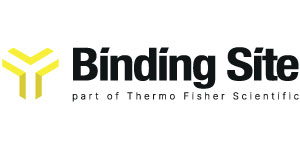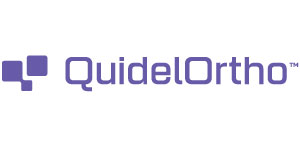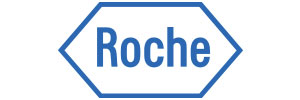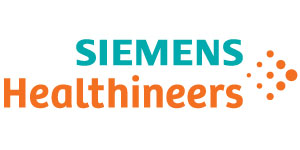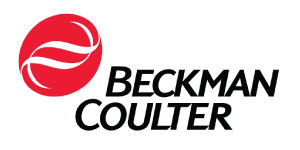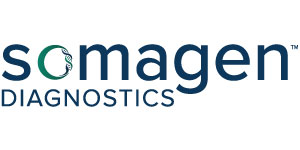Special Canadian Events at ADLM/CSCC 2025
Hosted by CSCC/SCCC
Monday, July 28
- 6:00 – 7:00 p.m.
Canada Symposium: Considerations for Continuous Glucose Monitor Usage in Hospital Settings - 7:00 – 8:00 p.m.
Canada Reception (light refreshments)
All Canadian participants in CSCC/ADLM 2025 are welcome to attend.
Wednesday, July 30
- 12:00 – 2:00 p.m. (lunch included)
- CSCC/SCCC and CACB/ACBC Annual Awards Presentations
- CSCC/SCCC Annual General Meeting
- CACB/ACBC Annual General Meeting
These lunches are for CSCC/SCCC members only.
Please RSVP below if you plan to attend any of these CSCC/SCCC activities (for planning purposes only – this is not a commitment)
Canada Symposium
Monday July 28, 2025 – 6:00-7:00 PM
Venue: Grant Park CD, Hyatt Regency McCormick Place Hotel, 2233 S. Martin Luther King Dr., Chicago, IL 60616
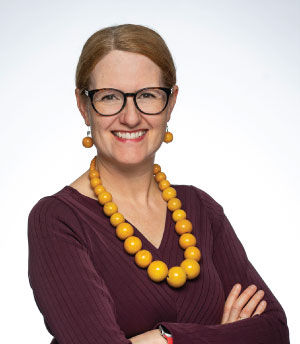 Speaker: Julie Shaw, PhD, FCACB
Speaker: Julie Shaw, PhD, FCACB
Symposium Topic: Considerations for Continuous Glucose Monitor Usage in Hospital Settings
CGM systems track glucose concentrations in ISF every 1-15 minutes with sensors that are wearable for up to 15 days. These systems allow for detailed information on glucose fluctuations. Traditional Point of care (POC) capillary glucose testing results offer information on glucose control at a moment in time, which may miss hyperglycaemic or hypoglycaemic events. The continuous nature of CGM means a more fulsome picture of glucose control over time.
Hyperglycemia and diabetes are estimated to be present in 25% of medical and surgical patients in hospitals. Initially, CGM were approved for outpatient diabetes monitoring, where they have been shown to improve glycemic outcomes. During COVID-19, these devices were authorized of use, on a temporary basis, by the FDA and Health Canada, to reduce healthcare worker exposure to COVID-19 and limit PPE usage. This allowed for many studies to look at applicability and feasibility of CGM usage in hospitals.
Clinical Biochemists, especially those overseeing POCT glucose programs, are often asked about CGM usage by patients in hospitals. Patients are increasingly requesting to continue off of their CGM devices while in hospital to avoid regular finger poke testing and physicians are also requesting this access for their patients. In this session, we will review literature focused on CGM use in hospitals, with the aim of providing some practical guidance to consider.
This session will cover information that was recently published as a consensus document in Diabetes Care as part of a collaborative effort that included representatives from the CSCC, ADLM, American Diabetes Association and Diabetes Canada. The session will include information on the benefits of CGM usage for patients, review existing guidance and current knowledge of CGM performance in hospital settings. We will also discuss evaluation of CGM devices and management of CGM from a quality assurance perspective.
Learning Objectives:
At the end of this session, attendees will be able to:
- List three potential benefits of CGM use for hospital inpatients
- List five factors to consider for clinical performance evaluation of CGM devices
- Describe two barriers to implementation of CGM devices in hospitals
About the Speaker
Julie Shaw is currently the Division Head for Biochemistry and Director of the POCT program at The Ottawa Hospital and Eastern Ontario Regional Laboratories Association. She is also an Associate Professor in the Department of Pathology and Laboratory Medicine at The University of Ottawa. Julie is chair of the POCT Special Interest Group of the CSCC and represents CSCC on the IFCC POCT working group. Julie is the chair elect of the ADLM POCT Division and was chair of the International ADLM CPOCT Symposium in 2024. Recently, Julie took on the role of Clinical Lead for POCT as part of the newly formed Ontario Laboratory Medicine Program (OLMP), where she leads a POCT expert panel, aimed at developing guidance for POCT performed in community care settings. Julie’s research interests are around quality assurance for POCT. In her spare time, Julie enjoys traveling, cycling and spending time with her husband and two children.












